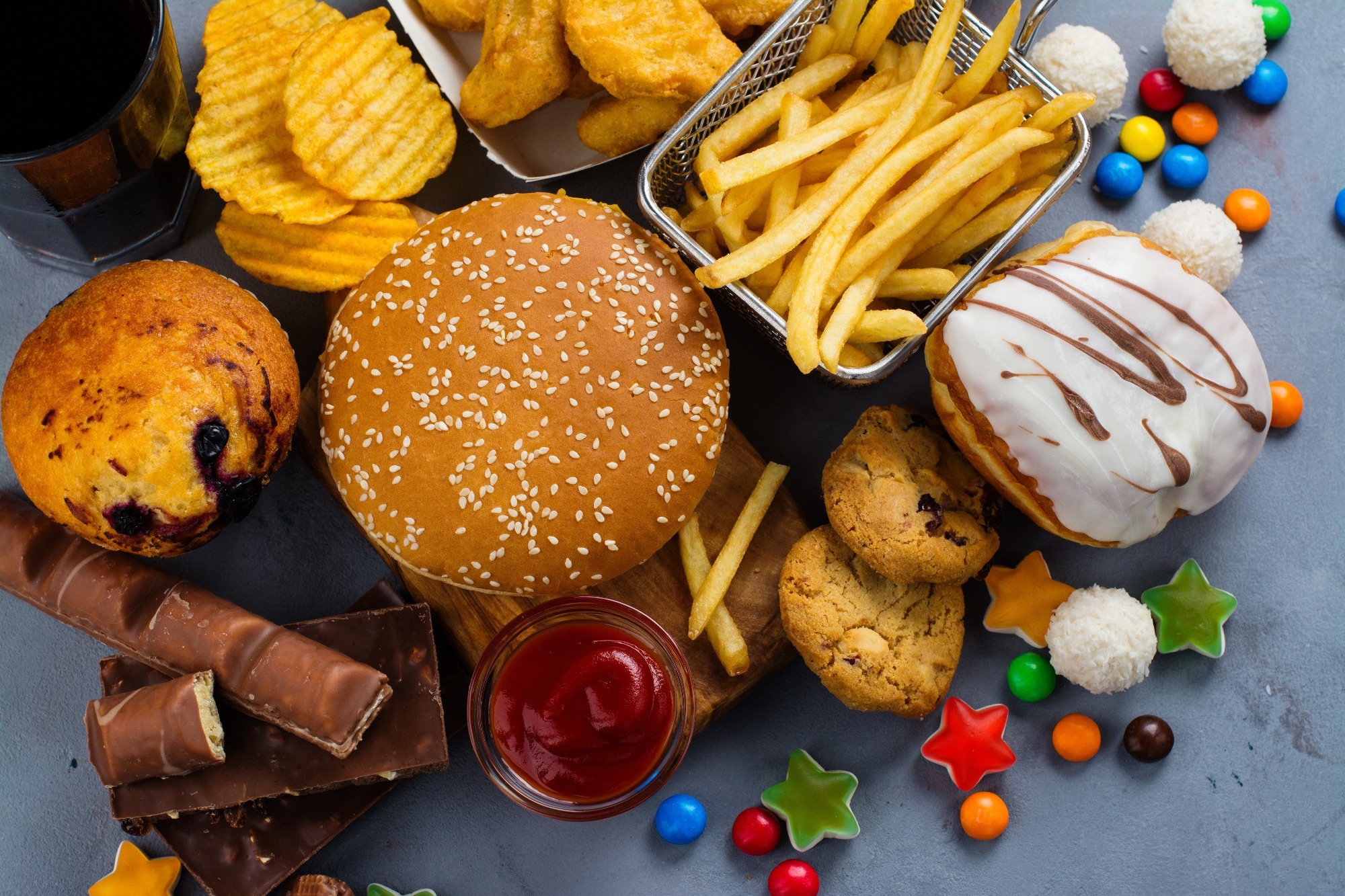Identifying the Least Healthy Ultraprocessed Foods: Insights from a Recent Study

A recent study published in The BMJ on May 8, 2024, sheds light on the varying health effects of ultraprocessed foods, highlighting some to be more detrimental than others. Conducted over a span of more than 30 years and involving over 100,000 participants with no history of cancer, heart disease, or diabetes, the research analyzed lifestyle and dietary patterns to assess their impact on health outcomes. The findings suggest that while consuming more ultraprocessed foods may slightly elevate the risk of mortality, certain types of processed foods exhibit a stronger correlation with adverse health outcomes.
Ultraprocessed foods undergo extensive modification from their original form and often contain minimal or extracted components of the original food. Examples include meat products like ham and hot dogs, potato chips, soda, commercial bread, and candy.
Distinguishing between whole, processed, and ultraprocessed foods is crucial. Processed foods undergo limited alterations from their natural state, such as adding salt or sugar for preservation. Whole foods, on the other hand, undergo minimal processing, retaining most or all of their nutrient density.
Consumption of ultraprocessed foods has been linked to a myriad of negative health effects, including poor mental health and an increased risk of cancer and other fatal conditions. Studies have shown associations between high ultraprocessed food intake and depressive symptoms, as well as an elevated risk of colorectal cancer and cardiovascular disease.
While completely avoiding ultraprocessed foods may not be feasible for everyone, moderation is key. Strive to make 85% of your diet nutrient-dense, reserving the remaining 15% for less nutritious options. When selecting foods, prioritize those with minimal processing and high nutritional value.
Examples of ultraprocessed foods to avoid include ready-to-eat meat products, artificially- or sugar-sweetened beverages, ultraprocessed breakfast foods, and dairy-based desserts. However, further research is needed to fully understand the specific types of ultraprocessed foods that pose the greatest health risks.





